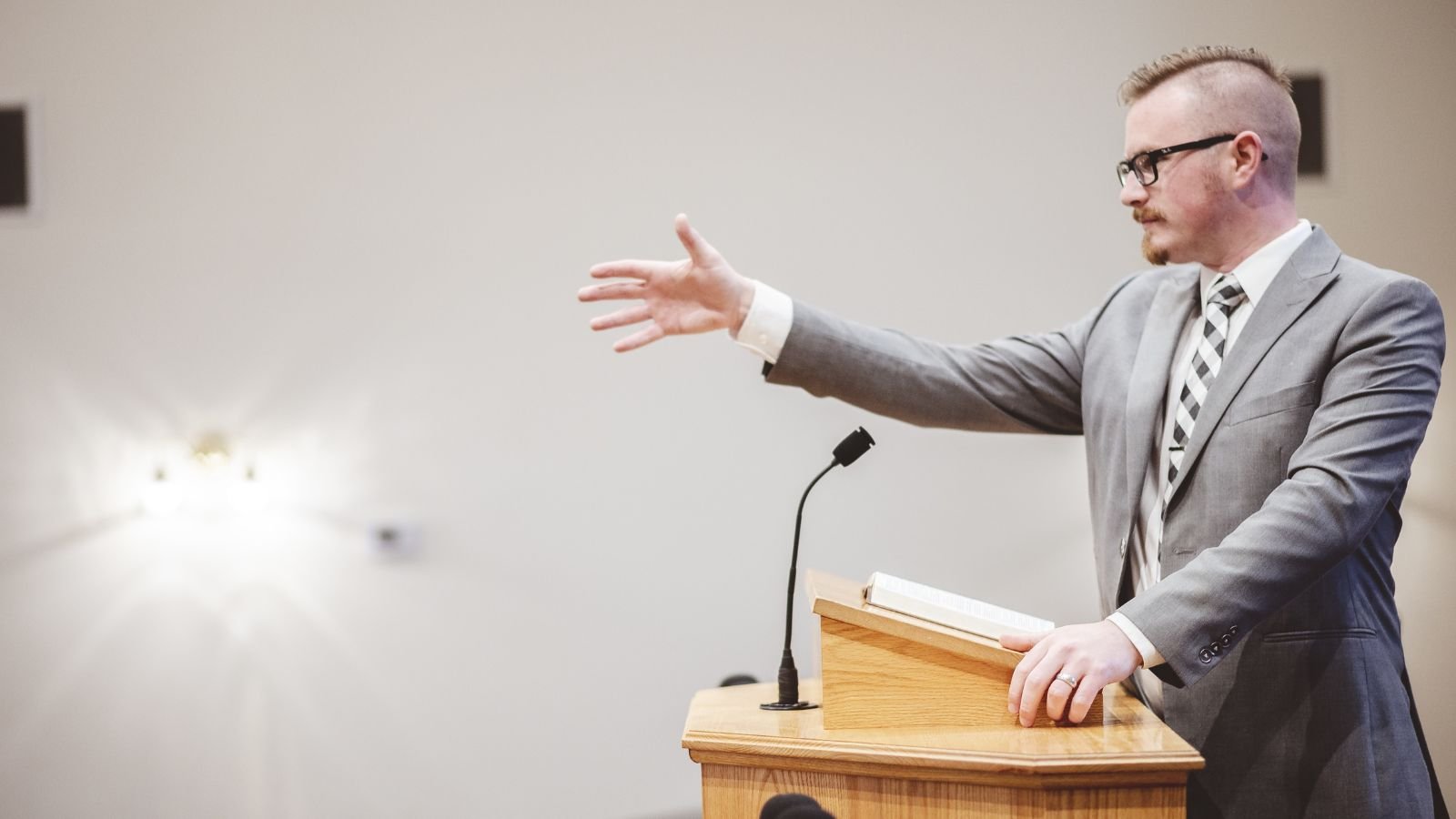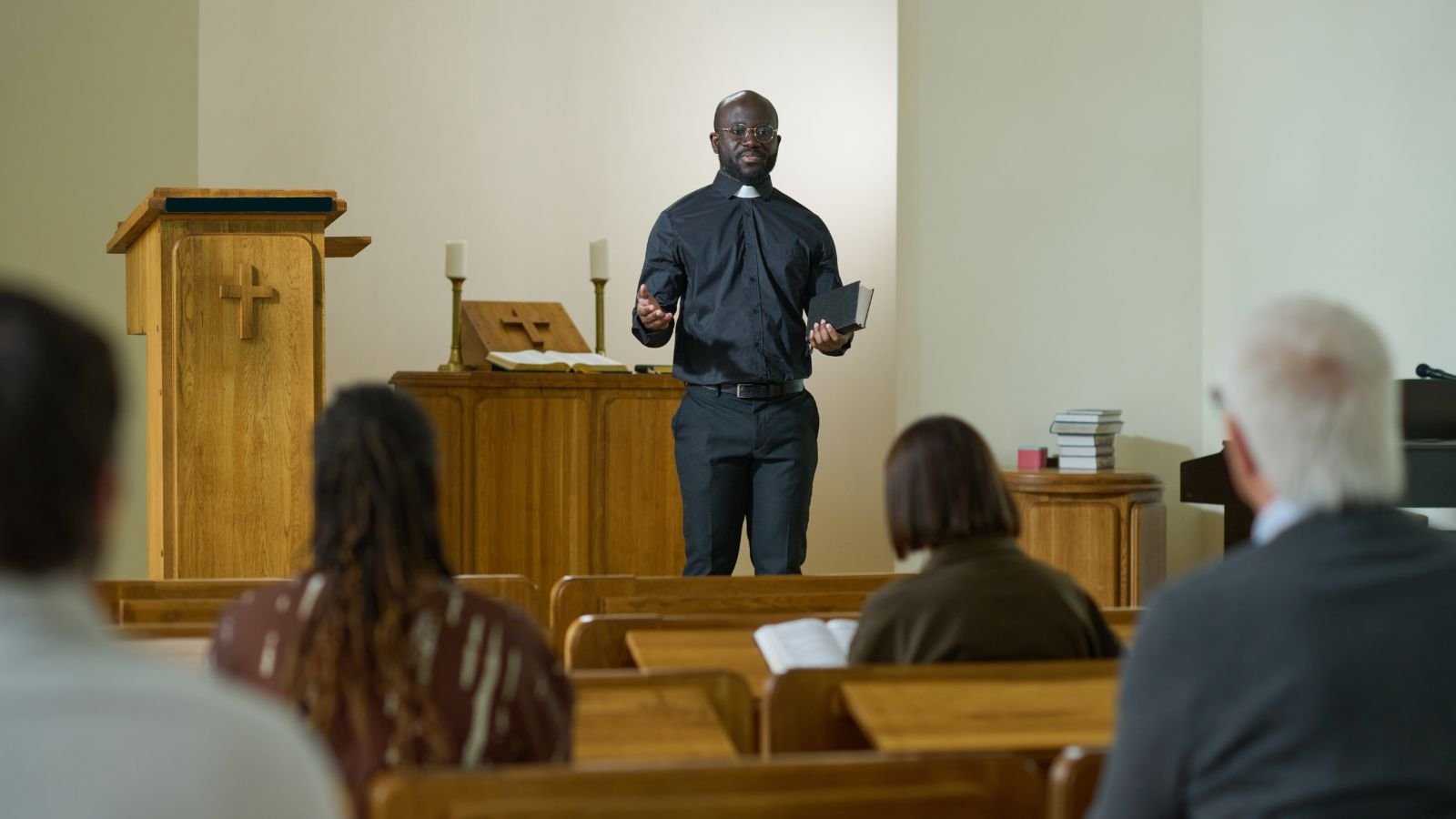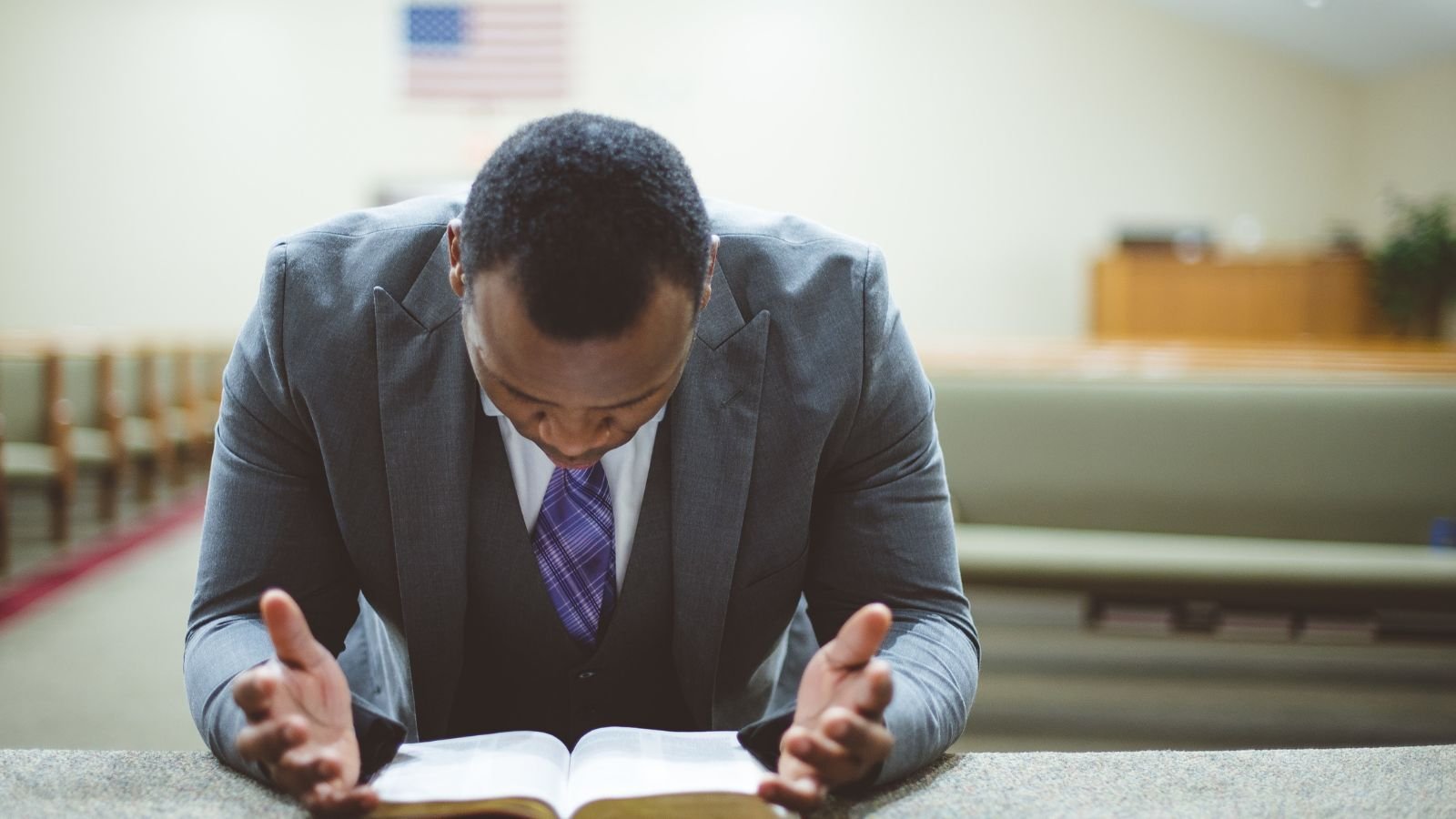Since its inception in 1787, the federal constitution of the United States has not elaborately commented on the role of religion. According to the First Amendment, the government should not influence anybody’s freedom of religious expression. Yet, the relationship between the U.S. Government and religion has been very controversial. A recent Supreme Court ruling favoring religious schools getting subsidized education has sparked the debate further.
Despite the increasing number of non-believers in recent times, one must recognize the significance of religion in daily life and government policies in the United States. The Pew Research Center’s extensive study over a few years has made great observations about the relationship between the American government and religion, especially the church. Based on this study and insights from other online platforms, here are the top things defining the American government’s connection with religion.
Religious Centers Participating in Political Activities

In 1954, the Johnson Amendment prohibited all charitable organizations, including religious centers, from participating in political campaigns. This law also restricts churches, mosques, synagogues, and other spiritual centers from direct political intervention. Thus, commenting on a candidate’s suitability or directly endorsing any political party is legally implicating. Research states that 7 in 10 individuals want the state to function separately from the church.
Religion and State

Recent surveys have shown that Democrats are far more likely (26%) to denounce any religious identity than Republicans (11%). Another survey reveals that 38% of Republicans believe that government policies should promote religious messages. The survey also stated that 84% of Democrats think religion and government should be separated. As for public opinion, less than 20% of Americans believe that the country should be a Christian nation and that the federal government should adhere to Christian values.
Religion and Constitution

The Constitution of the United States of America maintains a neutral, non-interfering position regarding religion. However, a significant portion of the population wishes for a strong bond between the state and the constitution. Around 18% of Americans think that God inspired the U.S. Constitution. Most U.S. states have references to God in their constitutions. The states of Iowa, Hawaii, Colorado, and Washington mention a ‘supreme being’ or ‘divine guidance’.
Religious Symbols on Public Property

In a survey conducted in March 2021, Around 39% of Americans feel that cities and towns should be allowed to showcase church and other religious symbols. These views are in direct opposition to the Johnson Amendment. Yet, a significant percentage of the U.S. population thinks otherwise. Since 68% of Americans associate with Christianity as a religion, Christians have majorly supported the demand of exhibiting religious symbols on public property.
Religion and Pledge of Allegiance

The original U.S. Pledge of Allegiance, framed in 1892, had no religious bindings. Yet, during his presidency, Dwight Eisenhower added the phrase ‘under God’ to the pledge in 1954. The Pledge is a common prayer in most American schools. Therefore, several lawsuits have been filed claiming this phrase would violate many students’ rights.
Religious Prayers in Schools

The United States Supreme Court has declared some very controversial rulings on religious practices in educational sectors. In some significant cases, the S.C. ruled that schools should not practice or promote religious activities. The reason behind the court’s aversion is that schools should not indoctrinate children into religions. Yet, as per a 2021 survey, 30% of Americans feel it is suitable for educators to lead Christian prayers in schools.
Christmas: Religious or Cultural Holiday

The Pew Research Center’s 2017 survey highlights that the religious association with Christmas is slowly declining. About 55% of respondents said they looked at Christmas as a religious event. Even though the Court does not directly adhere to any Christian norms, Christmas is a constitutionally observed holiday. Since 1870, Christmas has been declared a federal holiday in America. Studies have shown that younger generations are less attracted to the religious aspects of Christmas than Baby Boomers or Generation X.
Religion and Presidents

The first two presidents of the newly constituted American state publicly accepted religious affiliations with Christianity. On the other hand, presidents like Thomas Jefferson criticized all forms of organized religion. As several studies have found, Democrats focus more on having an ethical president than a religious one. On the other hand, around 65% of Republicans believe that the U.S. President should have a clear religious affiliation.
Congress and Religion

Historically, Christians have dominated the U.S. Congress, though the House has become more diverse recently. A 2023 statistic revealed that 56.8% of the Congress associated with a Protestant identity. Studies claim that 28% of American adults identify as ‘Nones’ as they do not have any religious preference. Despite this, the 117th Congress of America had only one participant with no religious affiliation.
U.S. Laws and Religions

A 2022 survey found that around 40% of Americans think U.S. laws should implement Christian ideals. Many regularly practicing Christians have reported that churches often deliver opinions on many political issues. Despite this, many other Americans strongly advocate maintaining a secular legal system to ensure equality. They believe the separation of church and state is fundamental to American democracy.
Religion and Public Office

A major evidence of the declining role of religious practices in America is that most Americans do not know much about religion. Thus, it is no surprise that only 27% of the population knows that ‘no religious test’ is needed for a candidate to hold a public office.
Many U.S. presidents, including the current president, were sworn in on the Bible. Joe Bidden took his oaths sworn on his family Bible that he has used since 1973. However, the members of the Congress are not bound to use the Bible or any other religious texts for their swearing.
